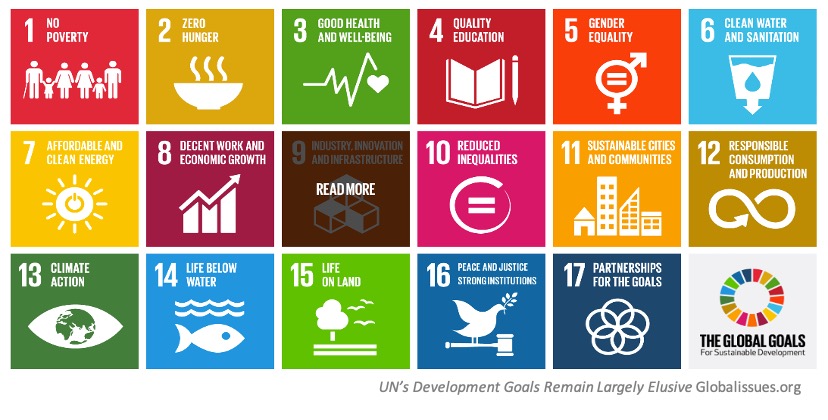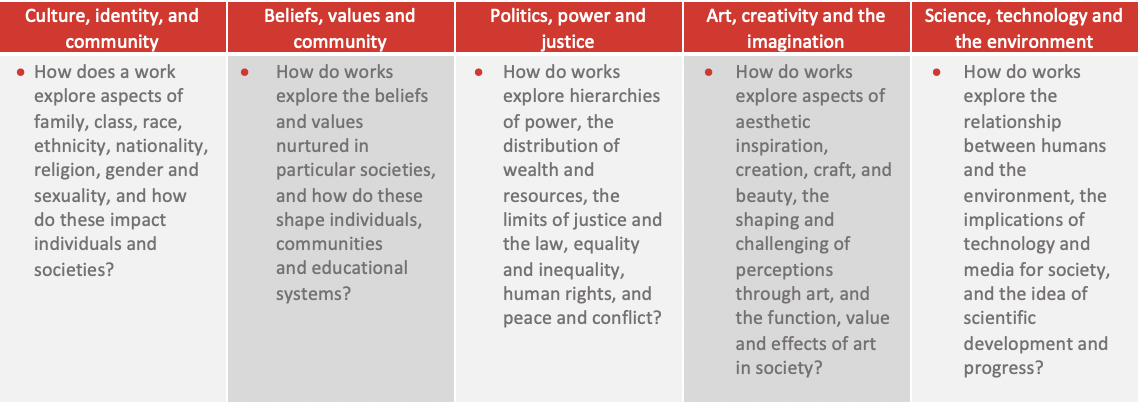6 Questions Students Ask About the Individual Oral Assessment (IOA)
By The Edge Learning Center

Students taking IBDP Language A: have their first assessment coming up, the Individual Oral (IO). For the majority of students, mock exams are held at the end of the first school year, around April and May, and the exam itself held at the beginning of the second school year, around September and October.
The IO contributes 30% to the final assessment of standard level (SL) students and 20% to that of higher level (HL) students. It’s a weighty chunk, especially for SL students. And since the IO contributes to every student’s Perspective Grade (PG), right now is an important time for everyone.
Given the recent changes to the IB curriculum, this is the first time teachers are assessing IOs, and the first time students are presenting them. As such, we are seeing a lot more students these days requesting help with their IOs. They have plenty of questions, too. Here are 6 common questions asked. The answers, we trust, will help you prepare for your Individual Oral. But, first, some background.
What is the Individual Oral?
The Individual Oral is a 15-minute presentation that takes place between you and your teacher. You will give a prepared response of 10 minutes, followed by 5 minutes of questions by the teacher, to the following prompt:
Examine the ways in which the global issue of your choice is presented through the content and form of two of the works that you have studied. (40 marks)
For Language and Literature students, the IO is supported by an extract from 1 literary work and 1 non-literary text.
For Literature students, the IO is supported by an extract from 2 literary works, one written originally in the language studied and one in translation. Non-literary texts are not studied in the Literature course.
The IB defines ‘work’ as a novel, play, poem, short story and other forms of fiction, and defines ‘text’ as an advert, photo, magazine or newspaper article, letter and other forms of non-fiction.
1. How do I prepare for the IO?
In class, you will have explored a broad range of non-literary texts and literary works from a representative selection of forms, periods and places, and you will have investigated these across three areas of exploration, along with a variety of global issues.
Syllabus

In preparation for your IO, you’ll need to decide a few things, first:
If you are a Language and Literature student, you will need to decide:
1. which literary work and
2. which non-literary text and
3. which global issue you want to explore.
If you are a Literature student, you will need to decide:
1. which 2 literary works and
2. which global issue you want to explore.
2. How do I choose extracts?
Extracts must be taken from the materials studied in class up to the time of assessment.
Each extract must:
• be no more than 40 consecutive lines,
• contain the global issue, and
• offer a balanced approach, giving approximately equal attention to both works.
If your extract is an advert, photograph, and comic or other text types where the number of lines may not be applicable, just make sure there’s enough content on the page to talk about to support your thesis—at least 3-4 points—in the allotted timeframe. To borrow the IB’s language: “ensure the volume of text can be discussed in sufficient depth in the time available.”
3. What is a global issue?
 A global issue incorporates three elements:
A global issue incorporates three elements:
✓ It has significance on a wide/large scale.
✓ It is transnational.
✓ Its impact is felt in everyday local contexts.
4. How do I come up with a global issue?
In determining a global issue for your oral, you will need to consider [1] the themes of the material you studied in class up to this point; [2] how these are presented in each work/text, and [3] the broad global issue they connect with, such as the global issues listed on globalissues.org and un.org and the extensive and comprehensive list here.

The IB’s fields of inquiry
To help students generate a global issue for their IOs, the IB offers 5 fields of inquiry as a helpful starting point. These are not global issues but broad categories designed to help you articulate a more specific global issue in the form of a statement or a question.
For example, within the field of “Culture, identity and community”, the theme of gender is unsuitably broad for an individual oral. A student might explore instead how gender bias manifests itself in different contexts, allowing the students to evaluate the writer’s choices and the impact they might have on the different readers’/viewers’ understanding.
Fields of inquiry

5. How is the IO conducted?
• You will be given a form to prepare an outline of your oral in advance.
• You may not read the outline as a prepared script.
• The form allows a maximum of 10 bullet points to help structure your oral.
• Individual bullet points must not be excessively long.
• You may only take the extracts and the outline into the room.
• Extracts must be clean, unmarked copies.
Timing and structure
After the 10-minute presentation, there is a 5-minute Q&A session with the teacher. Questions asked encourage students to expand on unsubstantiated or inadequate statements, and probe further into the student’s knowledge and understanding of (i) the extract/texts and (ii) the student’s analysis of authorial choices about to the global issue chosen.
Sample questions asked by the teacher
o Which of the author’s choices do you find most interesting about the global issue? (from Writers, readers and texts)
o Is what this text says about the global issue still relevant today?
(from Time and space)
o How does the text use allusions to other texts in its portrayal of this global issue?
(from Intertextuality)
Internal Assessment

A full explanation of each criterion can be found here.
Power Up Your IO Skills!
If you want to hone your IO skills, enroll at The Edge’s private IOA lessons:
o How to generate global issues for your specific works
o How to analyze and evaluate key points effectively
o How to structure your IO so that it fits effortlessly into 10-minutes
o How to use sign-posting and subject terminology to improve your language mark
We also offer courses and private lessons in IB Paper 1: guided textual analysis, and IB Paper 2: comparative essay writing. Contact us to learn more.
Sign up for an IB English lesson with Robyn.
About The Edge
The Edge Learning Center is Hong Kong’s premier Test Preparation, Academic Tutoring, and Admissions Consulting services provider. Founded in 2008, The Edge has helped thousands of students improve their ACT and SAT scores as well as their IB and AP grades. The AC team has just finished off another successful period in which students gained acceptance to schools such as Columbia, Yale, UChicago, UPenn, Oxford, and more! Check out our latest Admissions Results!

